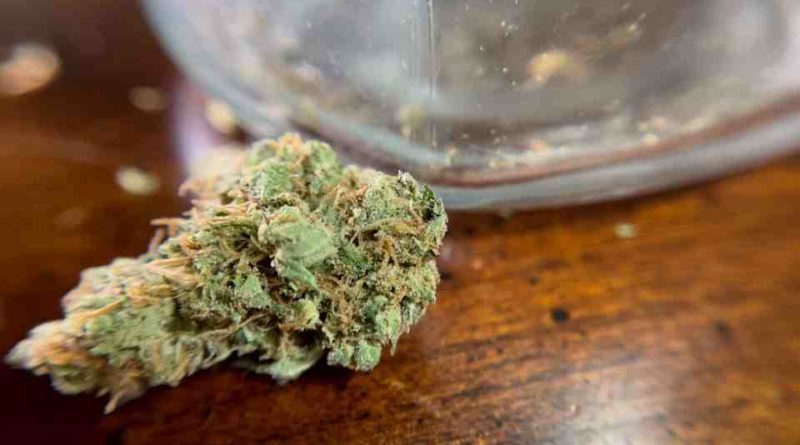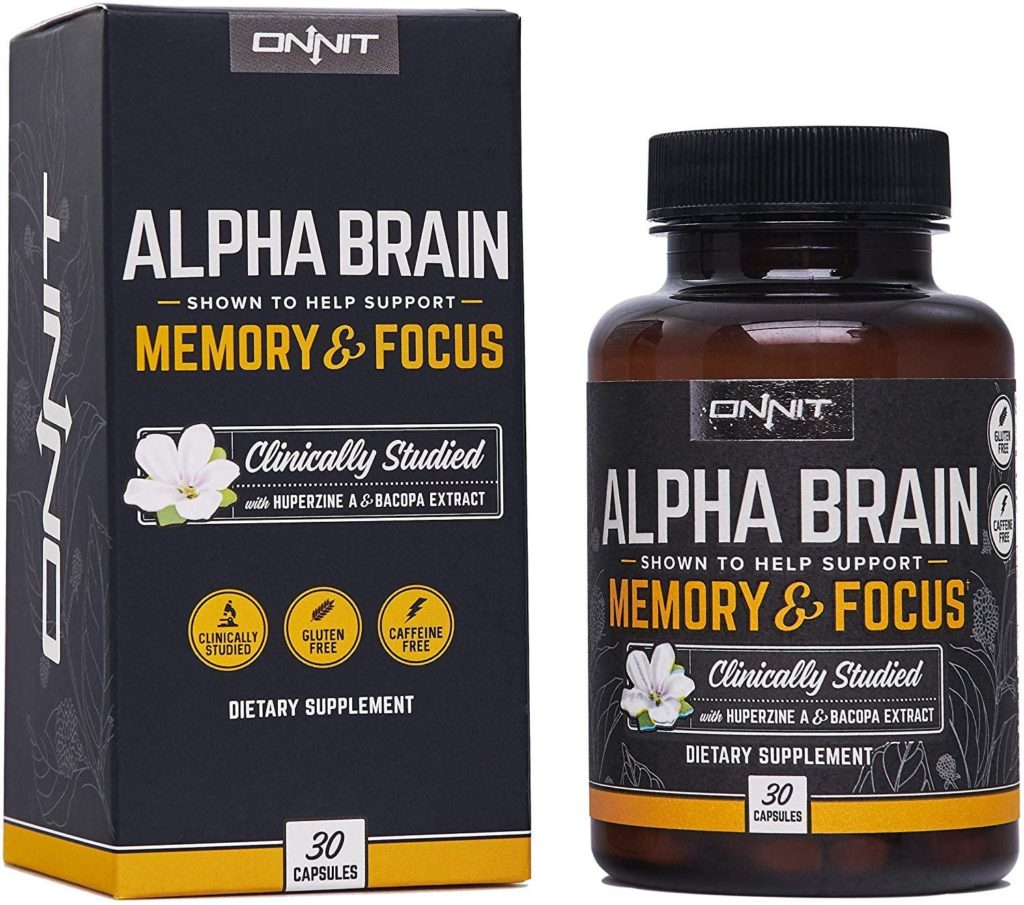What is Delta-8 THC?
[Please note that this page contains affiliate links. If you choose to purchase after clicking a link, I may receive a commission at no extra cost to you.]
Cannabis lovers who want to avoid higher than Snoop Dog on an airplane may have a new milder friend in a cannabinoid named delta-8 THC.
Delta-8 THC is reported as milder than average THC (weed’s main psychoactive compound). As a result, this molecule has risen in popularity over the last few years – although a lack of regulation comes with its concerns that many delta-8 THC products might not be safe.
Marijuana contains hundreds of cannabinoids, and the most interesting of these is delta-9 THC. This compound is responsible for most of cannabis’s psychoactive effects, binding efficiently to the brain’s cannabinoid 1 (CB1) receptors. This molecule is responsible for most of marijuana’s psychoactive effects.
Delta-8 THC is different from regular THC. It has a double bond on the eighth carbon atom in the hydrocarbon chain as opposed to the ninth carbon like delta-9. This hinders the way it binds to CB1 receptors. It might be why the compound is reported to have weaker effects.
No cannabis strains have significant amounts of delta-8 THC. However, it can be obtained in vape cartridges, edibles, and other extract types.
However, delta-8 THC products are available in some places. Unfortunately, there is very little scientific evidence regarding the THC pharmacological profile.
A single study published in 1973, 50 years ago, found that it’s around 75% as potent as normal THC, although no scientific research has been conducted since then.
However, increased use over the last two years has allowed researchers to conduct surveys. For example, a paper published this year showed that 74% of those who used delta-8 THC said it allowed them to avoid anxiety linked to more potent cannabis products. In comparison, 83% said their experience lacked paranoia. Subsequently, 57% said they used the drug instead of delta-9 THC.
The US Food and Drug Administration (FDA) had 104 accounts of adverse events linked to the use of delta-8 THC from between November 2020 and January 2022, 55% required hospitalization. The American Association of Poison Control Centers recorded 120 cases of hospital visits in the first six months of 2021.
With many psychoactive compounds, the health risks associated with delta-8 THC are most likely amplified as it is not regulated. In the United States, for instance, the legality of THC has never been clarified as it’s synthesized from hemp-derived CBD.
Since hemp is legal across the country, it can be said that delta-8 THC must also be permitted, but all synthetic cannabinoids are illegal. This confusion resulted in the creation and distribution of THC products across the US, despite the deficiency of any regulatory framework for quality control.
It is not surprising, therefore, that the study published in 2021 discovered that many of these products contained potentially harmful impurities. For example, of the 27 products looked at, none had accurate labelling. 11 contained “cutting agents” and “reaction side-products” such as heavy metals, delta-9 THC and even “a previously undescribed cannabinoid, iso-tetrahydrocannabifuran.”
Most public health officials and cannabis experts recommend not using delta-8 THC products until the substance receives legal regulation.


